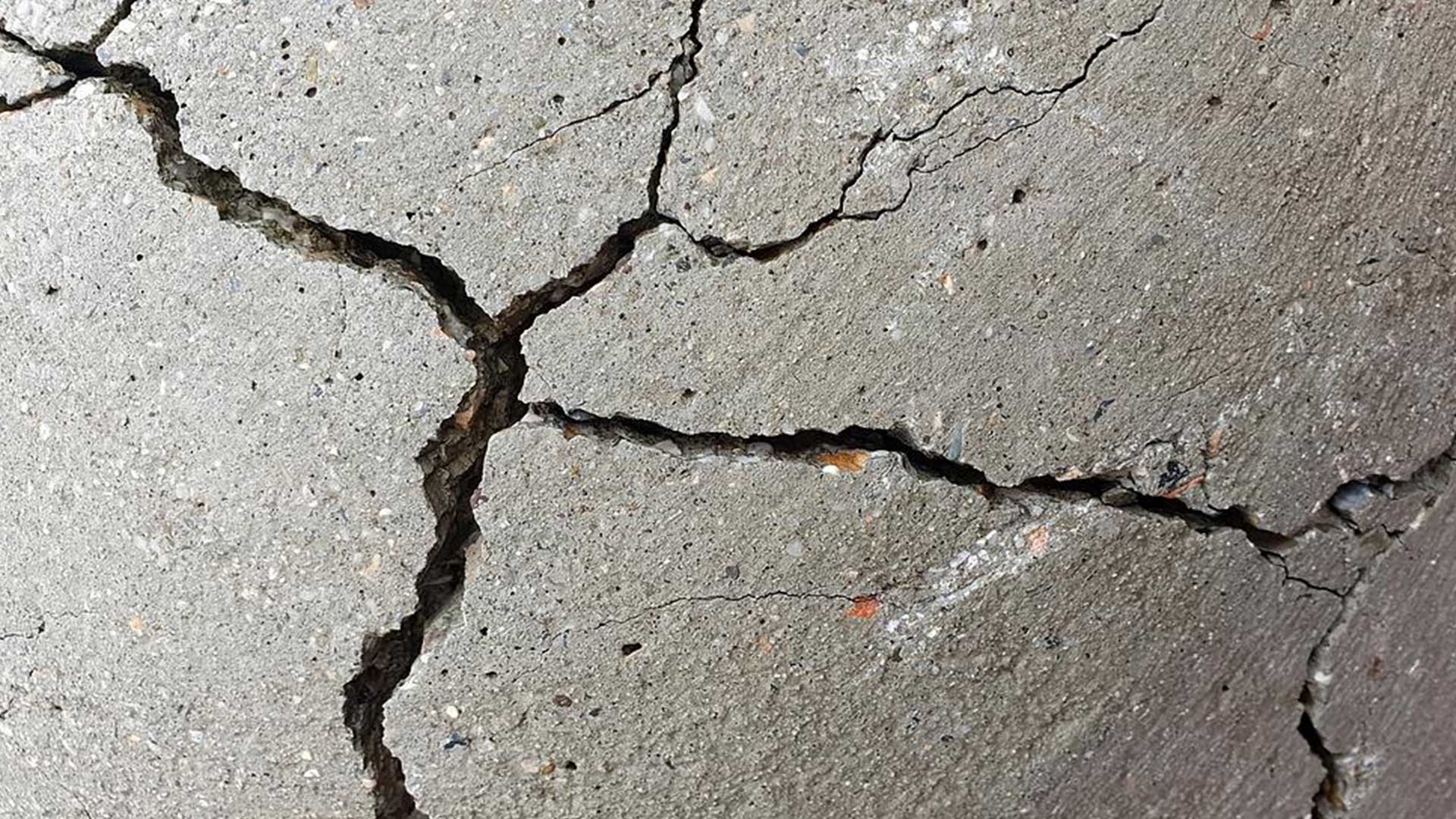
Chinese researchers have discovered that chemical energy released instantly by crustal activities like earthquakes can act as an “alternative fuel” to sunlight for microorganisms living deep underground. Their study shows that when rocks fracture underground, reactions with water produce hydrogen and hydrogen peroxide, driving cycles of iron oxidation and reduction that release electrons. These electrons create a natural “subterranean power grid” supplying energy to deep-Earth microbes that don’t rely on photosynthesis. This finding sheds light on how deep-Earth ecosystems survive and guides future searches for life on planets like Mars and Europa by focusing on oxidized and reduced substances near fault zones. The research was led by the Guangzhou Institute of Geochemistry and published in Science Advances.
Credit: CGTN